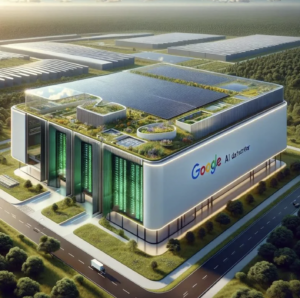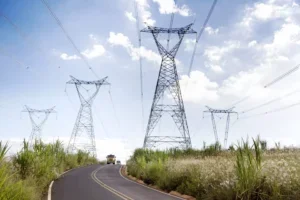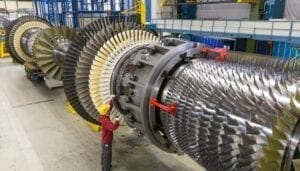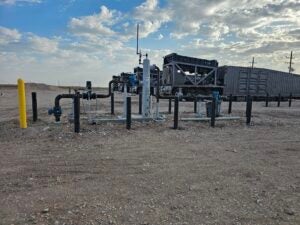In a welcome development almost no one saw coming, America’s greenhouse gas emissions have fallen to 1992 levels and are expected to continue to decline, according to the U.S. Energy Information Agency (EIA).
In addition to a sluggish economy and more fuel efficient cars, “fracking” has been a big driver of this trend. “Fracking” is shorthand for hydraulic fracturing, the process of extracting natural gas from shale rock. The EIA projects U.S. greenhouse emissions will fall below 2005 levels by 2040.
“It is a revolution,” says Joel Kurtzman, a senior fellow at the Milken Institute. “We should be using it. We should be embracing it. It’s domestic. We spend $350 billion a year buying foreign oil. We can replace almost all of that with natural gas.”
Indeed, there are multiple benefits to increased natural gas production, including less dependence on foreign oil and opportunities for the U.S. to be an energy exporter. Lower energy costs are also helping to revive U.S. manufacturing, creating jobs in addition to those directly associated with fracking activity.
The boom in domestic natural gas production has really been the biggest macro-economic development of 2012—even if the election, the fiscal cliff, and various other concerns have overshadowed it.
As an aside, Kurtzman notes the U.S. is now on track to meet the emission targets of the Kyoto Protocol, a treaty the U.S. did not sign, much to the chagrin of many greens.
“The reason why we’ve had these changes is not because of policy,” be it carbon taxes or the Kyoto treaty, Kurtzman says. “The treaty itself is not working from an environmental or policy perspective. What is working is the fact that low-priced natural gas is replacing coal; that has a dramatic effect, which is measurable,” as electricity produced by natural gas emits 43% less carbon dioxide versus coal.
While Kurtzman and others see a victory for free market capitalism, fracking is highly controversial and has replaced greenhouse gases as the primary concern of environmentalists. Among other issues such as air pollution, opponents fear contamination of local water supplies from the chemicals used in the practice.
“There are risks in fracking but there are a lot of alarmists about fracking,” Kurtzman says. “It is not 100% safe but it’s a very good technology and we’re getting better and better about it.”
With big companies like ExxonMobil and Chevron now embracing fracking, Kurtzman expects the practice to become safer and more widespread.
“This is different than a wildcatter going out five or six years ago in Pennsylvania to drill a well,” he says. “These are very big targets with very deep pockets [who are] very concerned about lawsuits; presumably they’ll do it right.”
In addition to companies’ aversion to litigation, there is a “learning curve” when any new technology is adopted. Citing Joseph Schumpeter’s classic invention-innovation-diffusion paradigm, Cambridge University researchers Tooraj Jamasb and Jonathan Kohler say this very much applies to fracking too, Reuters reports.
Undoubtedly that’s cold comfort to environmentalists—BP’s a big company too. But the economic positives of cheap domestic energy produced via fracking are increasingly hard for policymakers to resist.
—Aaron Task (Twitter @aarontask) is the host of The Daily Ticker and Editor-in-Chief of Yahoo! Finance, where this article appeared originally. It is reprinted here by permission with minor style edits for this publication.









